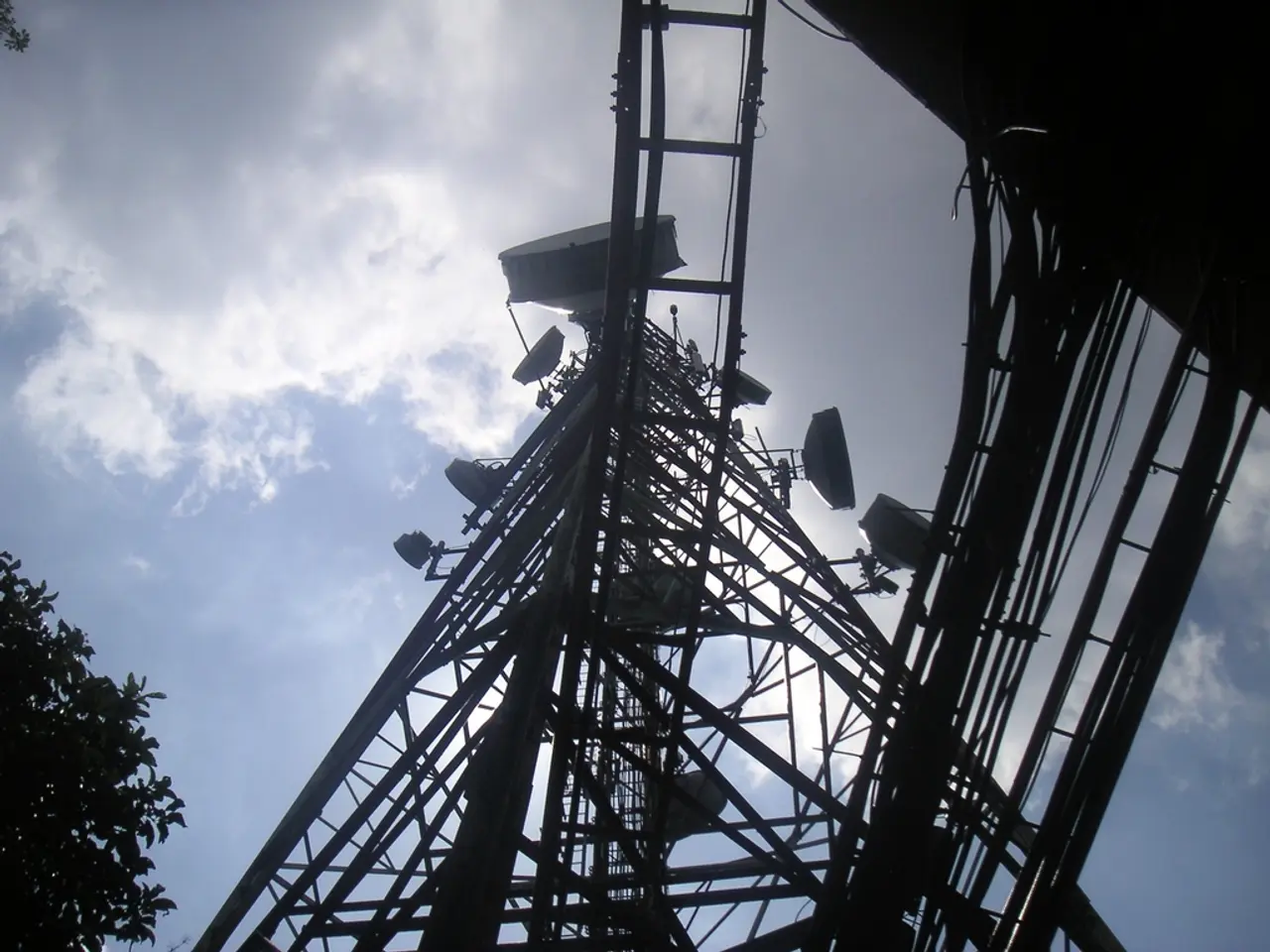Starlink, owned by Musk, experiences service disruption for more than two hours.
Starlink Suffers Global Outage Due to Software Issues
On July 24, 2025, Elon Musk's satellite communications service, Starlink, experienced a worldwide outage for approximately two and a half hours. The outage, caused by software issues within the network, resulted in a global service disruption that affected millions of users.
The outage began around 3:20 PM ET, with widespread connectivity problems reported across the US, Europe, the UK, and Asia. Starlink publicly acknowledged the outage at 4:05 PM ET and worked actively to resolve it. Service began to return to users around 5:30 PM ET, and by 6:23 PM ET, Starlink had "mostly recovered," according to their VP of engineering.
The outage had a significant impact on various sectors. Millions of civilian customers experienced lost internet connectivity, disrupting daily online activities such as work, communication, and entertainment. While there is no direct mention of airline-specific impacts, some airlines use Starlink for in-flight internet connectivity, suggesting that the outage likely caused interruptions in passenger Wi-Fi services during this period.
The Ukrainian army, which relies heavily on Starlink for communications support, may have temporarily experienced disruptions in military communication capabilities during the outage. However, specific public confirmation or details are not available.
Before the outage, Starlink had been focusing on improving network performance, achieving stable median latencies around 25.7 ms in peak hours in the US with minimal packet loss. This outage represents a notable disruption from the level of service reliability that Starlink had been maintaining.
It is worth noting that Starlink has a competitor in development named Project Kuiper, led by space company Blue Origin, owned by Amazon founder Jeff Bezos. Project Kuiper aims to rival Starlink in the satellite communications market, but it is still in the early stages of development.
Starlink satellites orbit the Earth at low altitudes, and users on the ground employ compact receiving and transmitting stations to access the network. The service is popular for areas without mobile network coverage, as well as for airlines and the Ukrainian army.
Starlink, operated by SpaceX, is used by various airlines to provide internet on their aircraft. The company has since restored service and is presumably investigating to prevent similar future network software failures.
[1] Starlink Outage Affects Millions Worldwide: https://www.techradar.com/news/starlink-outage-affects-millions-worldwide [2] Starlink Achieves Stable Network Performance: https://www.spacex.com/starlink/performance/
- The global outage of Starlink, a satellite communications service operated by SpaceX, affected millions of users worldwide, causing disruptions in various sectors, including civilian internet connections, in-flight passenger Wi-Fi services, and potentially military communications for the Ukrainian army.
- Despite the recent software-related outage that impacted millions, Starlink's competitor, Project Kuiper, continues to be developed by Blue Origin with the aim of rivaling Starlink in the satellite communications market.




